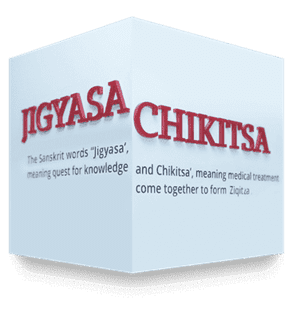



Every day, at Ziqitza Healthcare Limited (ZHL), we come across medical cases that truly move us, most of them with the need for urgent medical care. There is only one true way of providing it - to always be prepared, to be equipped, and to be committed.
Our brand name Ziqitza ( jigyasa + chikitsa) sums up beautifully our efforts to provide the best in urgent medical response care to those who need it the most ANYWHERE in India be it in rural, urban, corporates or hospitals. Our motto is that We Commit to Care, Aspire to be the Best, Revolutionize Services and to Expand our service reach.
We, at Ziqitza, understand that much can be done to save lives in the spur of the moment and endeavor to deliver prompt services with just one call. Our services include Ambulances, Medical Helplines, Mobile Medical Units and Corporate Health Solutions ranging from ambulance/ doctor/ medical room which are tailored to provide the best in Emergency Medical Response to patients and clients.


Ziqitza engages with multiple State Governments to provide world class EMS through ambulances, mobile medical units and health helpline.

Any organization looking at the medical safety of its people and clients can use our services of ambulance and medical rooms on site.

Across 60 cities in India we can provide an ambulance for timely transfer of the patient to the hospital.


